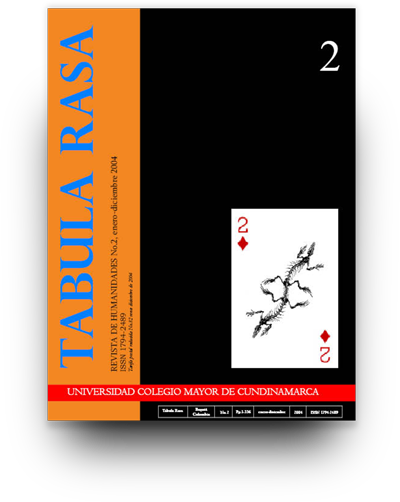Between Consensus and Hegemony. Notes on the Hegemonic Way of Modern Politics
Entre consenso y hegemonía: Notas sobre la forma hegemónica de la política moderna
Show authors biography
Most interpreters of modernity have argued that modern politics is ideological and consen-sual. However, modern politics is not always a struggle for ideological consensus, but that itinvolves a struggle for «hegemony». This article describes the three main differences betweenstruggles for ideological consensus and hegemonic struggles. In addition, this article dealswith the question of how a particular hegemony is established, maintained or challenged.
Article visits 272 | PDF visits 224
Downloads
Butler, Judith; Ernesto Laclau y Slavoj Zizek. 2000. Contingency, Hegemony, Universality: Contemporary Dialogues on the Left. Verso, London.
Hall, Stuart. 1991. «Reading Gramsci». En Gramsci’s Political Thought. An Introduction. 7-129. ElecBook, Londres.
Gray, John. 2000. Two Faces of Liberalism. New Press, New York.
Laclau, Ernesto. 1985. «Tesis acerca de la forma hegemónica de la política». En Hegemonía y alternativas políticas en América Latina. Del Campo, J. (ed). 19-44. Siglo XXI, México.
Laclau, Ernesto y Chantal Mouffe. 1985. Hegemony and socialist strategy. Toward a radical democracy politics.Verso, London.
Worsham, Lynn y Gary Olson. 1999. «Rethinking political community: Chantal Mouffe’s liberal socialism». En Race, rhetoric, and the postcolonial. Olson, G. y Worsham, L. (eds.). 165- 201. State University of New York Press, Albany




